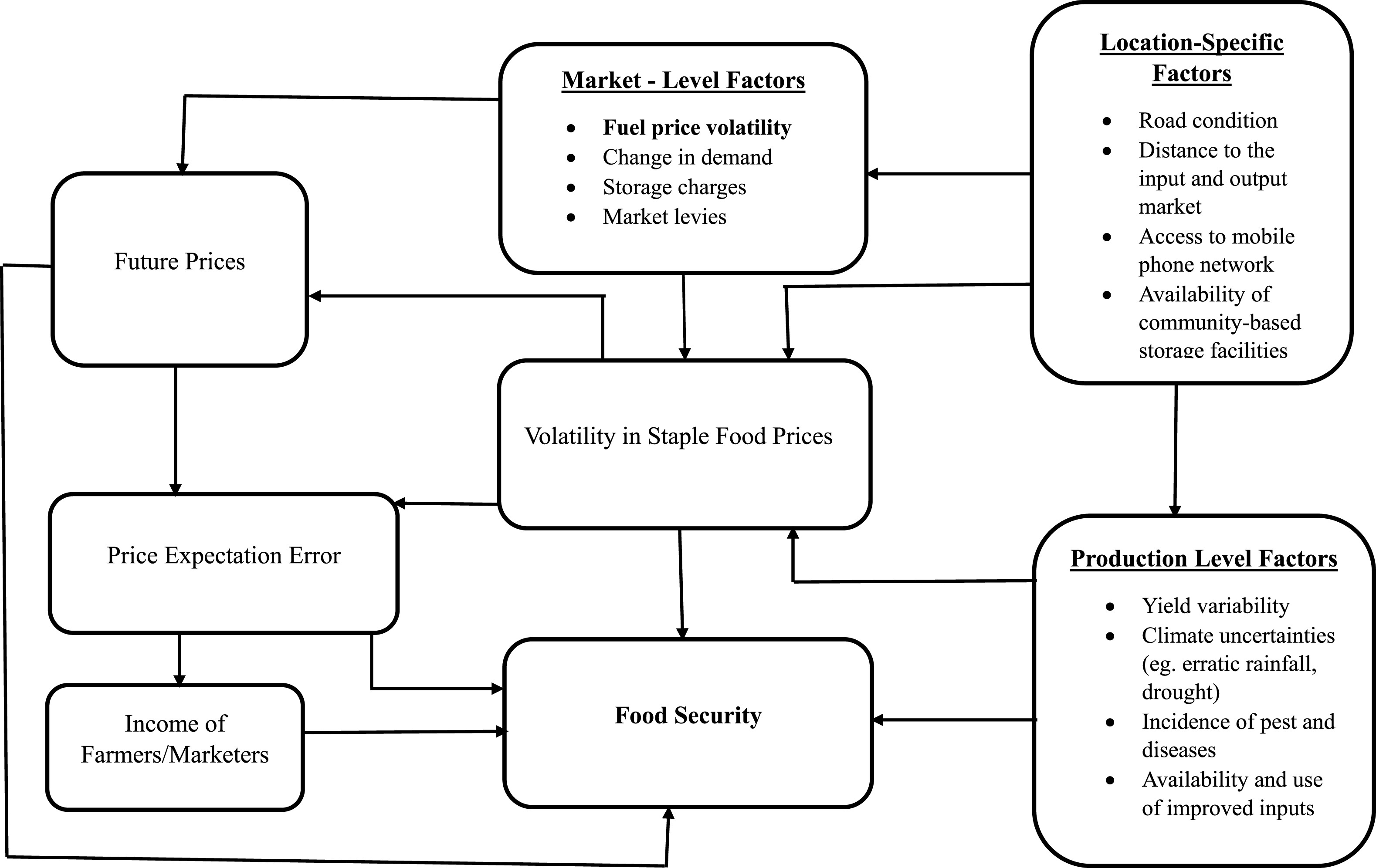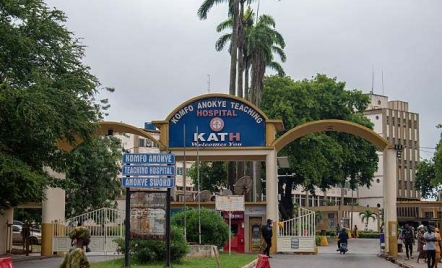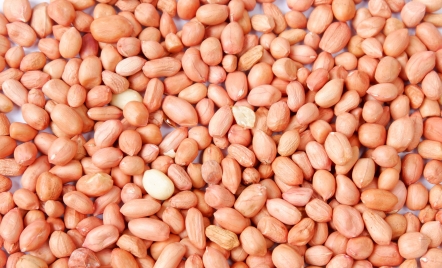A study conducted in collaboration with the Faculty of Agriculture, CANR, has examined the possible spillover effects of fuel prices on food prices.
The research explored how actors along the food supply chain perceive the impact of price volatility and investigated the indigenous methods they use to manage these challenges.
Published in the Journal of Agriculture and Food Research, the study drew on both time-series and cross-sectional market survey data.
It analyzed monthly wholesale, retail, and producer price series for maize, cowpea, and yam obtained from the Ministry of Food and Agriculture (MoFA).
These figures were compared with regional monthly price data for the same commodities and ex-pump fuel prices covering January 2006 to February 2023.
The findings revealed that in southern Ghana, particularly in the Ashanti and Bono East regions, any change in fuel or oil prices significantly influences food market prices.
In northern Ghana, however, the spillover effect was only significant at the producer level.
Survey results further showed that price volatility negatively affects decision-making, planning, production, and the financial stability of actors along the staple food value chain.
The study recommends training for farmers, wholesalers, and retailers to strengthen indigenous strategies for managing price volatility, alongside investment in affordable, well-maintained storage facilities to preserve produce, stabilize incomes, and enhance food security.
It also calls for future research to assess the impact of these measures on Ghana’s staple food value chains.
Study finds varying fuel price effects on food markets across Ghana
News
Research
| Published: 25th August 2025
Share






Comments